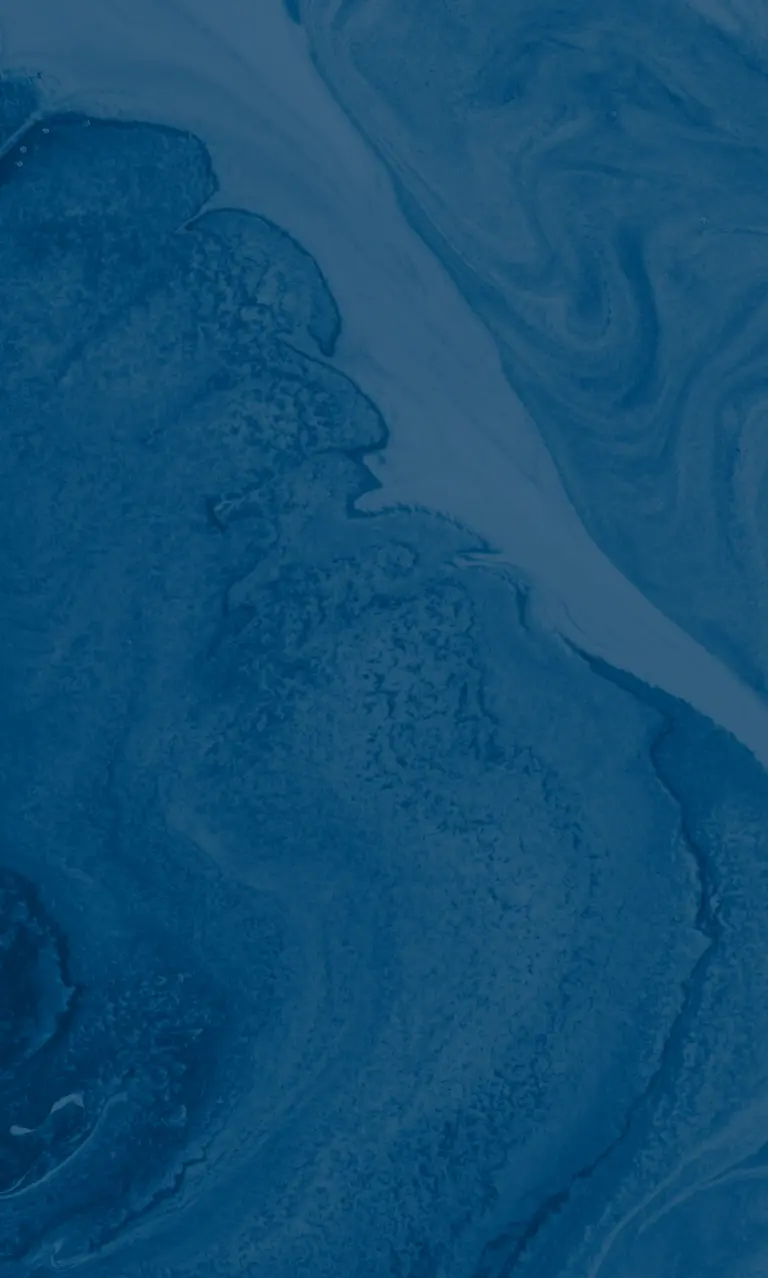ORCA DEPRED Evaluating the ecological and socioeconomic consequences of cetacean depredation on longline fisheries
The Orca Depred project involves measuring the ecological and socioeconomic consequences of depredation by cetaceans on longline fisheries.
The project is committed to introducing experimental lines equipped with accelerometers and acoustic systems for recording the phenomenon of depredation. In addition, to be able to offer appropriate solutions and thus offer fisheries vessels the technological answers to depredation, a better understanding is needed of the ecology of the cetacean species involved.
Orca Depred is continuing the research undertaken as part of the ORCASAV programme, which tested the use of experimental pots to combat depredation and eliminate avian mortality. However, while toothfish could still be caught, the catches were not sufficient to make the system economically viable. Moreover, the use of creels led to new issues arising on board the vessels (crew safety, unsuitable boats, etc.) and in the fishing grounds (smaller catches and significant bycatch of crustaceans, i.e. lithodes).
The project is focusing on longline fisheries worked from the island of Reunion, namely pelagic longlines targeting tuna on the one hand and demersal longlines targeting the Patagonian toothfish on the other around the islands of Crozet and Kerguelen. These fishing grounds are particularly affected with losses estimated at €65 M for the period 2003 to 2013.
The results of the Orca Depred project will have significant implications for an understanding of cetacean behaviour and will be used to guide fishing vessels in the operational (fishing strategy and behaviour, etc.) and technological (boat noise level and physically protecting fish on the lines) decisions they make to reduce depredation.
The ORCA DEPRED project is also recognised by the Pôle Qualitropic cluster.Partners
Centres de recherche
- CNRS-Université de la Rochelle Centre d’études biologiques de Chizé (CEBC), Chizé [Porteur de projet]
- ENSTA Bretagne, Lab-Sticc, Brest
- MNHN, Biologie des Organismes et Ecosystèmes aquatiques (BOREA), Paris
- UBO-AMURE, Laboratoire Aménagement des Usages, des Ressources et des Espaces marins et littoraux, Brest
- INRA, unité BIOSP (Biostatistique et Processus Spatiaux), Avignon
- IRD, Marbec, Sète
- Ifremer, Sciences et Technologies Halieutiques, Plouzané
- Hydro Réunion Le Port, Ile de la Réunion
- Georgiatech Lorraine Data Driven Robotics for Environment Assessment and Monitoring (DREAM), Metz
Funders
- Agence Nationale de la Recherche
